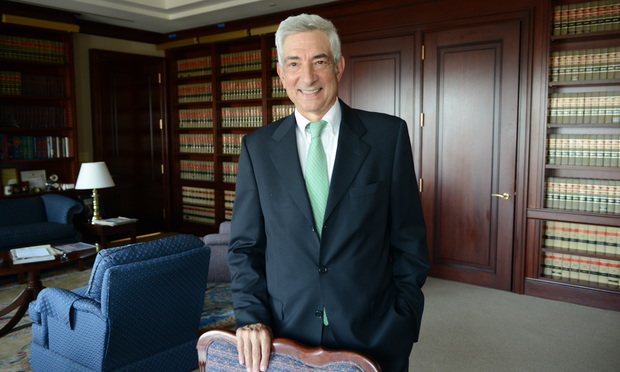New York. Staff Writer with AP — Reza Zarrab trial, as it is known in Turkey, has become a high-powered, politically explosive domestic issue for Turks. And the judge and prosecutors who oversee the case have become number one public enemies of the Turkish government, which regarded the trial as a plot against Turkey.
Turkish-Iranian gold trader Reza Zarrab, Mehmet Hakan Atilla, deputy CEO of state-run Halkbank, and seven other defendants face charges of breaching U.S. sanctions against Iran.
Judge Richard M. Berman and acting U.S. attorney in the southern district of New York John H. Kim inadvertently found themselves in the crosshairs of the Turkish government.
Turkish Foreign Minister Mevlut Cavusoglu claimed that Gulen movement infiltrated the U.S. judiciary. Government Spokesman and Deputy Prime Minister Bekir Bozdag called the Zarrab trial a plot against Turkey, and accused the judge and prosecutor of forcing the defendants to speak out against Turkey.
President Recep Tayyip Erdogan renewed similar charges against the two. Turkish prosecutors even launched a probe into former U.S. attorney Preet Bharara and Mr. Kim.
In an unexpected move, both Judge Berman and acting Prosecutor Kim refused Turkish accusations. For them, the Turkish argument to link them to Gulen movement does not only ring hollow, but also completely ridiculous.
Judge Berman said Turkey can provide evidence to help the men instead of lobbing criticisms.
He spoke in court a day after Turkey’s deputy prime minister said gold trader Reza Zarrab was a “hostage” being forced to testify against Turkey’s government.
Mr. Zarrab, a Turkish-Iranian businessman, has stopped appearing in court, prompting speculation he is cooperating with the U.S. and may testify against his co-defendant, an executive with the state-owned Halkbank. Lawyers have refused to discuss Zarrab, though he apparently was the subject of a sealed court hearing on Monday when the trial was postponed until next week.
Mr. Berman commented shortly before acting U.S. Attorney Joon H. Kim said at a news conference that claims the prosecution is driven by Turkish politics “are ridiculous on their face.”
“Frankly, it displays a fundamental misunderstanding of how our justice system works,” he said. “The defendants are charged with serious crimes. … That’s why the case is being brought and that’s the only reason. Beyond that, I’ll let the evidence speak for itself.”
He said F.B.I. agents, prosecutors and investigators overseeing the case were driven by nothing other than following the law and the evidence.
“They are not driven by Turkish domestic politics. They’re not Gulenists,” he added, according to The New York Times.
When he spoke at a final pretrial hearing in the Iran sanctions case, Mr. Berman noted that some comments he had read about were critical of the prosecution.
But he said he had a suggestion for Turkish officials who want to help Mr. Zarrab and co-defendant Mehmet Hakan Atilla, deputy CEO of Halkbank.
“The best way for them to be helpful is to help defense counsel by providing in court any evidence or witnesses they are aware of that could assist the defense,” Berman said.
He said officials in Turkey could also encourage any employees of Halkbank, which is majority-owned by the government of Turkey, who have relevant evidence to turn it over.
His statement that officials could still provide evidence to help Mr. Zarrab was an acknowledgment that the citizen of Turkey and Iran remained part of the case even though his attorneys have not participated in the public submission of pretrial documents and has not appeared in court in weeks. The Federal Bureau of Prisons website listed him as released from the prison system earlier this month, but a government spokesman said he remains in custody, though he wouldn’t say where or how.
Cathy Fleming, an attorney for Mr. Atilla, told Judge Berman at a pretrial hearing Tuesday that secrecy rules were limiting the ability of the defense to prepare for trial.
She said the lawyers were not allowed to share the name of one trial witness even with their client.
In a new development that could change the entire complexion of the trial, the judge contemplated the use of the anonymous jury on the ground that third parties might have involved in the case.
He asked the parties on both sides for their thoughts on using an anonymous jury at the final pretrial conference in advance of Monday’s scheduled jury selection, according to Law360 web portal.




Comments are closed.